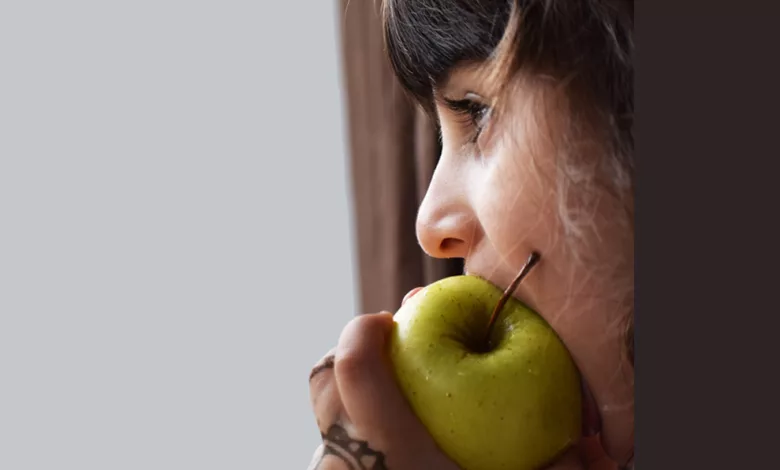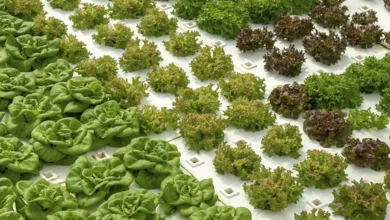Clean Diet 101

How to achieve a balance between proper eating and healthy weight
When I started medical school 27 years ago, the incidence of obesity in America was 14%. Currently, the incidence is more than 40%, and further categories have been added to include morbid obesity and super morbid obesity as weights continue to increase. The quality of food has gone down, while the volume of food consumption has gone up.
If you find yourself gaining weight slowly over the years, chances are you have done some research on dieting and have found yourself overwhelmed with the information. You have discovered the great irony of the obesity epidemic: despite having access to literature on diet and exercise at your fingertips, you cannot seem to keep the weight from piling on.
The very first thing you should do to regain some control over your eating habits (and, ultimately, your weight) is to live like its 1920, not 2020: no fast food, no pre-made frozen dinners, no high-fructose corn syrup or artificial flavors, no soft drinks. Refrigerators were small and inefficient, so people bought fresh ingredients for cooking.
Though normal almost a century ago, we now classify it as “clean eating”: using organic, fresh ingredients, with no pre-processed foods.
The single most important factor in any diet is going to be what you drink. Every chemical process in the body takes place in an aqueous environment. To keep energy levels elevated and metabolism working properly, you must consume 64 ounces of water a day. There should be minimal caffeine consumed and no sugar or artificial sweeteners involved.
Metabolism requires protein. To calculate your protein needs, take your weight and divide by two. That will give you the grams of protein you need in your diet. This protein should come from organic vegetables, wild-caught seafood, or grass-fed animals. Diversity of source is important to ensure that you are consuming all 20 amino acids and all of the essential cofactors associated with these protein sources your body needs to function.
I am a colo-rectal surgeon, so I am always going to push fiber as a food to consume. But it is important to know that fruit is very high in fructose, which your body can only store as fat.
Fruits are important to the diet, but should be limited to two servings, per day, and should never be consumed as juices.
You should consume at least four servings of vegetables per day. For the sake of dieting, potatoes, corn, and rice are NOT in the vegetable category. In fact, they should not be consumed at all if you are trying to lose weight.
If you use fresh, organic ingredients, no pre-processed foods, no white starches, drink 64 ounces of water a day, and exercise 30 minutes a day, you will get a clean start on the rest of your life.





